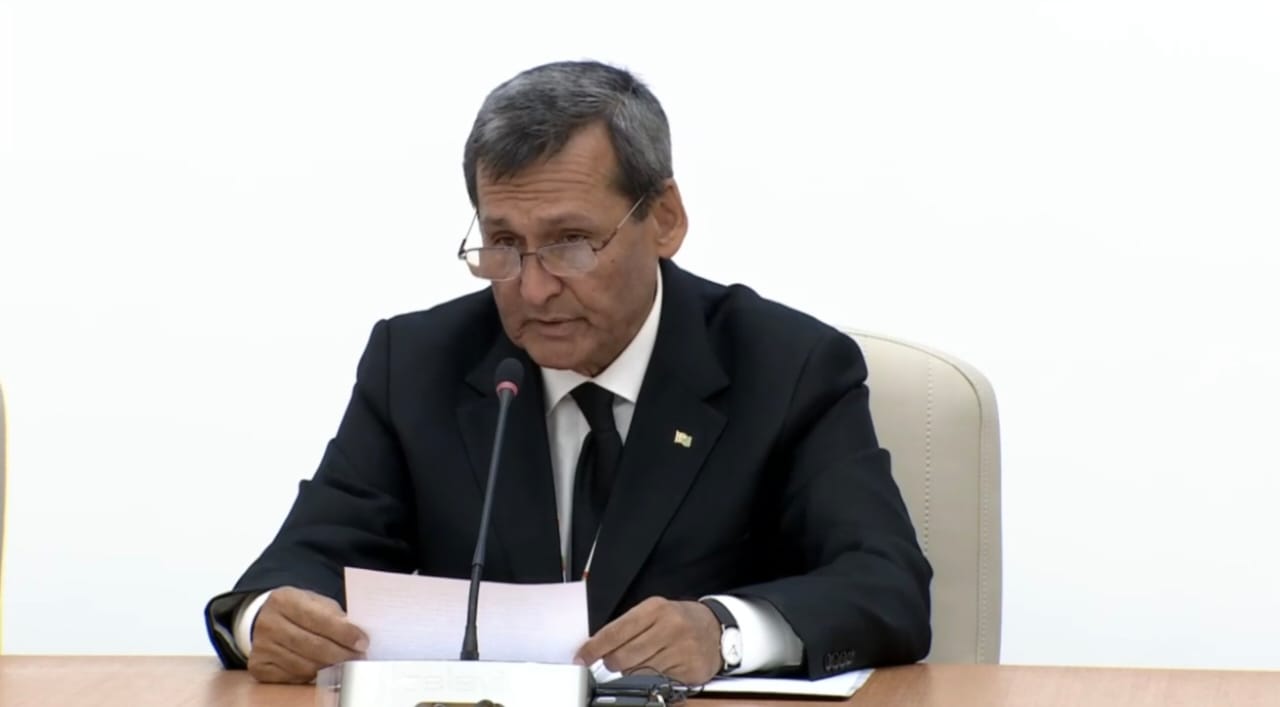AWAZA, Turkmenistan, August 6. Transit cooperation, regional integration, and multimodal connectivity must become the pillars of sustainable development for landlocked countries, Turkmenistan’s Foreign Minister Rashid Meredov said at the Third United Nations Conference on Landlocked Developing Countries (LLDCs) in Awaza, Trend reports.
Speaking at the opening of the Press Conference by the UN Office for Disaster Risk Reduction (UNDRR), Meredov highlighted the symbolic importance of the first-ever observance of the International Day of Awareness of the Special Development Needs of LLDCs, recently adopted by the UN General Assembly on July 25. "We welcome this historic moment during the third United Nations Conference on LLDCs taking place here in Awaza," he noted.
Focusing on trade and transport issues, the Turkmen official
stressed the urgency of overcoming geographical remoteness through
investment in infrastructure and coordinated international support.
“The main goals of our conference are to connect landlocked nations
with global trade, transit and development pathways through
peaceful cooperation, infrastructure investment and multilateral
dialogue,” Meredov said.
While acknowledging the disproportionate challenges LLDCs face -
including 30 percent higher trade costs and accounting for only 1.1
percent of global goods exports - Meredov asserted that “geography
must never be an obstacle.”
In this regard, Turkmenistan reiterated its commitment to
facilitating transit corridors, harmonizing customs procedures, and
advancing green energy cooperation. Meredov said that the newly
adopted Awaza Programme of Action for 2024-2034 represents a “call
to action” for the global community to eliminate trade and transit
bottlenecks and to support LLDCs in unlocking their economic
potential.
“From access to finance to technology transfer to capacity
building, Turkmenistan advocates for enhanced international
cooperation,” he stated, adding that these efforts must be paired
with regional stability and multilateral diplomacy.
Meredov concluded that landlocked nations must not be seen through the lens of limitation, but through their capacity for “opportunity, innovation, and resilience.”







